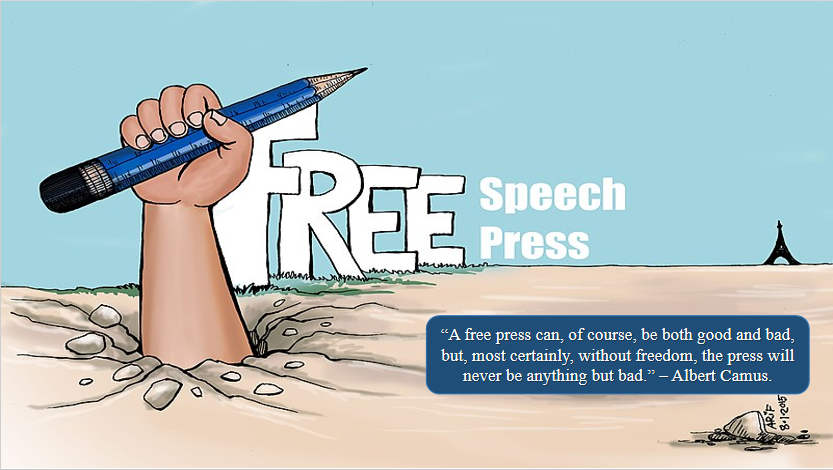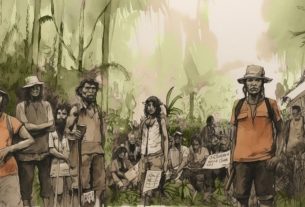Pakistan’s President Asif Ali Zardari has officially signed the Prevention of Electronic Crimes Amendment (PECA) Bill into law, a move that has ignited fierce opposition from journalist bodies, opposition parties, and human rights groups. Signed on January 29, 2025, the controversial law introduces criminal penalties for spreading “fake news” and grants increased state control over digital and social media platforms.
The amended version of PECA strengthens government powers to remove or block content deemed “false,” with penalties ranging from up to three years in prison to fines of up to Rs 2 million (USD 7,200). The law also mandates the formation of the National Cyber Crime Investigation Agency (NCCIA) to investigate online offenses and the Social Media Complaint Council, a tribunal that can be approached by the government if a platform refuses to take down specific content. These provisions have raised alarms that the law could be used as a censorship tool, stifling dissent and suppressing critical voices.
Government officials argue that the law is necessary to curb the spread of disinformation and protect national security. However, its critics—ranging from political opposition parties to Pakistan Federal Union of Journalists (PFUJ) and human rights organizations—claim that the law’s broad language and vague definitions could be misused to target opposition figures, journalists, and activists.
Hasty Passage and Lack of Consultation
One of the primary points of contention is the haste with which the bill was passed. Opponents argue that stakeholders—including media platforms, political parties, and journalist organizations—were not consulted during the bill’s drafting process. The legislation was pushed through both houses of Parliament with little debate or discussion, fueling accusations that the government is trying to silence criticism of its policies.
Pakistan’s main opposition party, Pakistan Tehreek-e-Insaf (PTI), led by former Prime Minister Imran Khan, has expressed particular concern, with many alleging that the government’s true aim is to target PTI’s strong presence on social media. PTI has been accused of spreading rumors and fake news, but the party claims the law will be wielded to block its content and restrict its online influence.
Concerns Over State Control and Freedom of Expression
The law’s critics argue that by granting government-controlled bodies the authority to define and regulate what is “false” or “fake,” PECA effectively undermines judicial independence and sets a dangerous precedent for censorship. Human rights organizations like Amnesty International and Reporters Without Borders have condemned the law, calling it a “tool of repression” that will further tighten the government’s grip over Pakistan’s digital landscape and chill online expression.
The Human Rights Commission of Pakistan (HRCP) has warned that the law could exacerbate the state’s already poor record on digital freedoms and further constrain the country’s ability to engage in free and open discourse online.
A Broader Struggle for Democracy
Opposition leaders like Ammar Ali Jan of the left-wing Haqooq-e-Khalq Party (HKP) see the new law as a step toward authoritarianism, accusing the government of criminalizing dissent and undermining the democratic process. With protests already taking place in response to the law, the debate over PECA is far from over, and its long-term impact on Pakistan’s media landscape remains to be seen.
As political and media groups rally against the law, the question remains: Is the PECA Amendment a necessary safeguard against disinformation, or a draconian measure that threatens the fundamental right to free speech? Only time will tell how this law plays out in Pakistan’s ongoing struggle for democracy and freedom of expression.
Freedom-of-the-press-by-Arifur-Rahman-CC-BY-SA-4.0-Adapted



